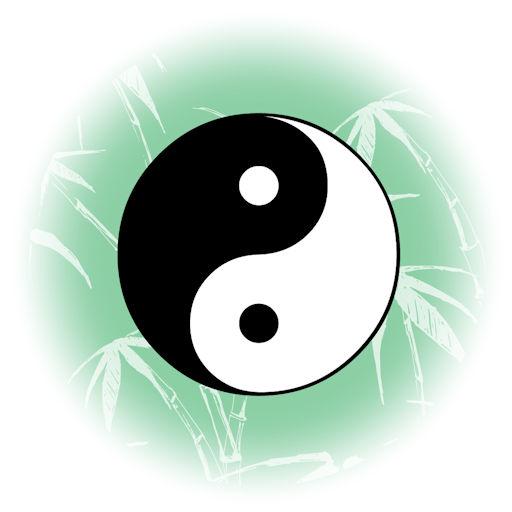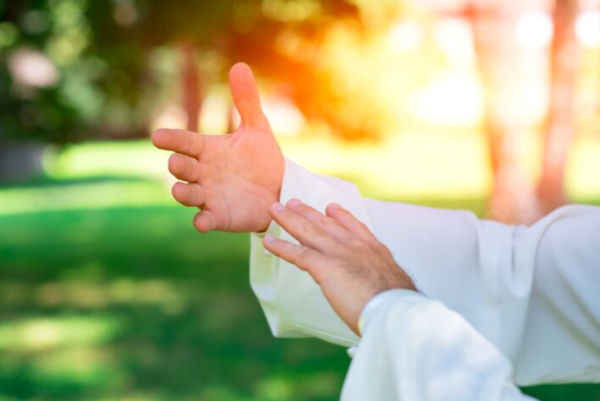People pursue Tai Chi Chuan practice for a variety of reasons: health, fall prevention / balance, well-being, improvement in martial arts and other sports, and for relaxation / de-stressing.
I can make the case that to deeply relax and de-stress is the most central experience in Tai Chi Chuan practice that explains all the other benefits. However, the word “relax” can be misleading. We all want to be able to relax, but what does that really mean and what does it require?
When I feel stressed, if I lie down on the beach—or lie in bed for that matter—am I relaxing? Well, yes and no. We are indeed avoiding excessive stimulation and giving our awareness a chance to let go of a demanding daily life. That can have some benefits, but the benefits are limited!
Once we go back to a busy daily life and to the demands of relationships and society, the sensation of stress is likely to resume where we left off.
The benefit of Tai Chi Chuan practice is that we are actively training our brain / body how to stay calm and happy more consistently despite any daily stressors. When practiced with the right approach, Tai Chi Chuan involves intentional letting go and then energizing, repeated over and over in a fluid, rhythmic pattern. As a result, our brain can stay connected with a deeply relaxed and open mindset, open to a wide variety of daily stimuli and activities, including those that many people feel are boring or stressful.
The benefits I have experienced, and have seen others experience, from Tai Chi Chuan practice include: a positive state of mind; the ability to let go of stress while being energetic and active; and excellent health into ages of 60s, 70s, and beyond.
There are many “right approaches” to Tai Chi Chuan study and practice, including variations on the form positions, but what they all have in common is learning how to release at a deep level, and how to engage our whole brain and body when we decide to energize.
It is the looking inside with brain and body during practice that allows us to train for a happier, more vibrant state of mind along with increased empathy for self and others. The brain functions with more energy, while the busy thinking mind lets go of excessive and repetitive worries. Muscle and mental tensions also release in this process, leading to a feeling of well-being as well as improvements in health.
In short, when there is less worry and tension, there is more opportunity for all kinds of positive states of mind and body.
So, coming back to the word “relax”: in Tai Chi practice we can enter a state of deep, peaceful focus. The awareness expands and is alert, while the body is fluid and comfortable. We are no longer locked into the physical perimeter of our being, but feel more connected to other people as well as to the surrounding environment. This awareness and embodiment goes well beyond the usual meaning of the word “relax.”
The shifts that occur with Tai Chi practice happen gradually, for most people, but can usually be felt at least a bit, soon after starting to practice. Tai Chi Chuan practice is beneficial at each step of the way, because it is constantly teaching us more awareness of self and others.
How to start? The most effective way to learn this practice is to participate in classes with a skilled teacher, along with practicing on your own to reinforce the learning experience. If you are in or near a large or medium-sized city or town you can likely find a teacher and practice group near you. Feel free to contact me if you need some help finding a way to practice where you are.
I hope you will explore the ways you can stay healthy and feel more well-being. Tai Chi Chuan can be an important part of living that fulfilling life.


